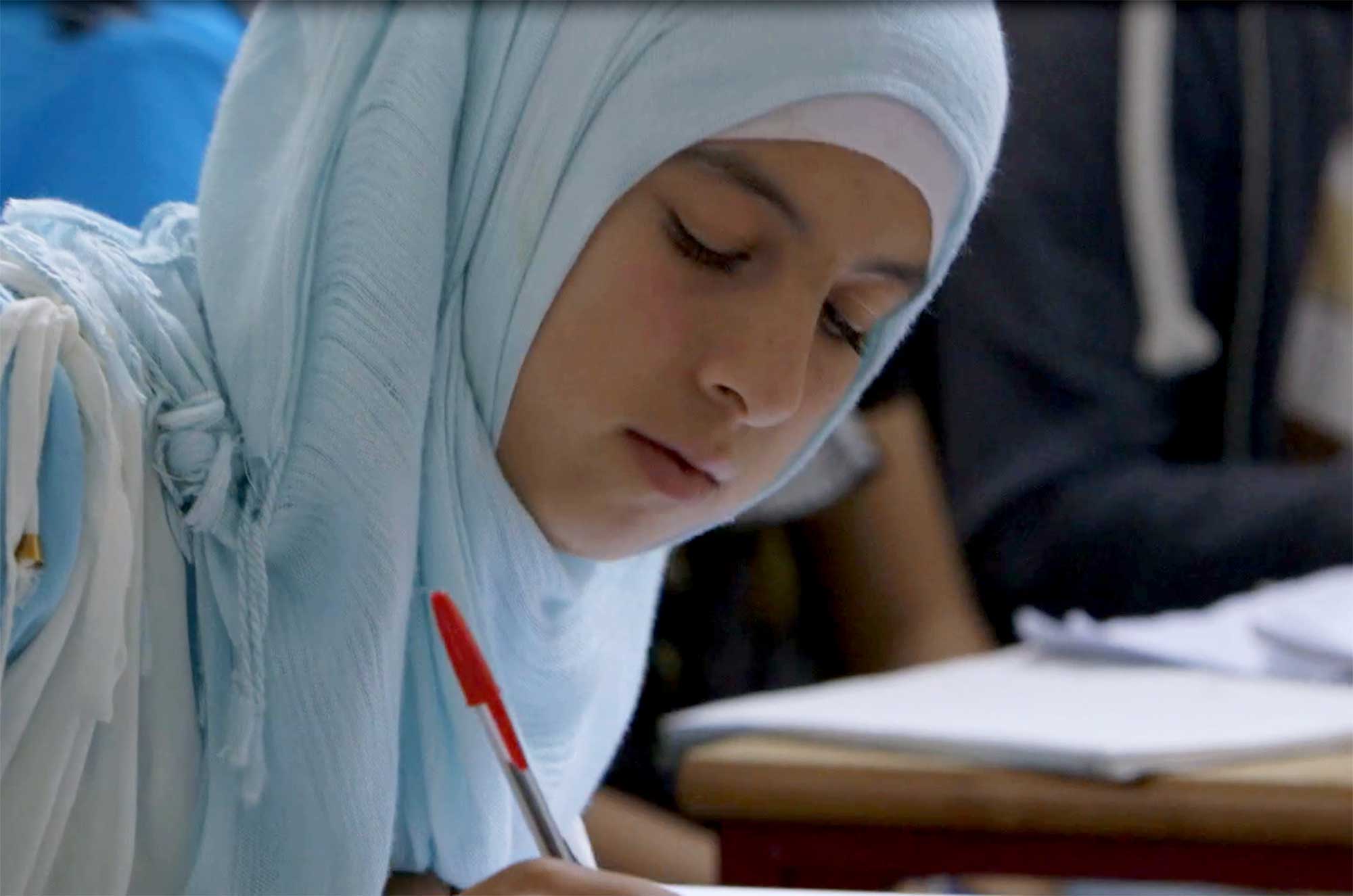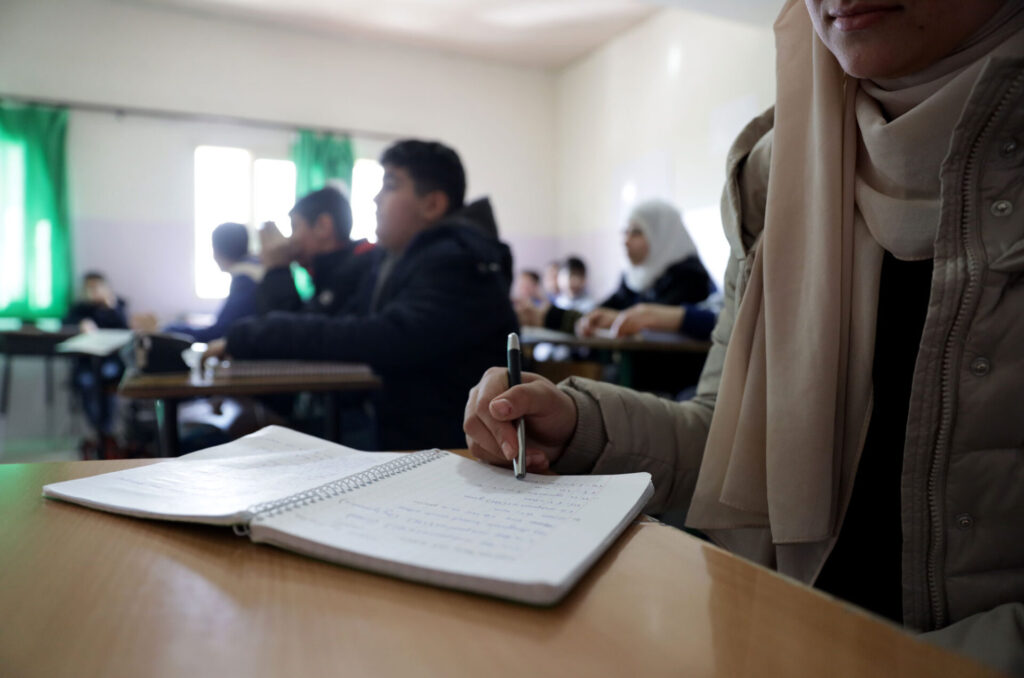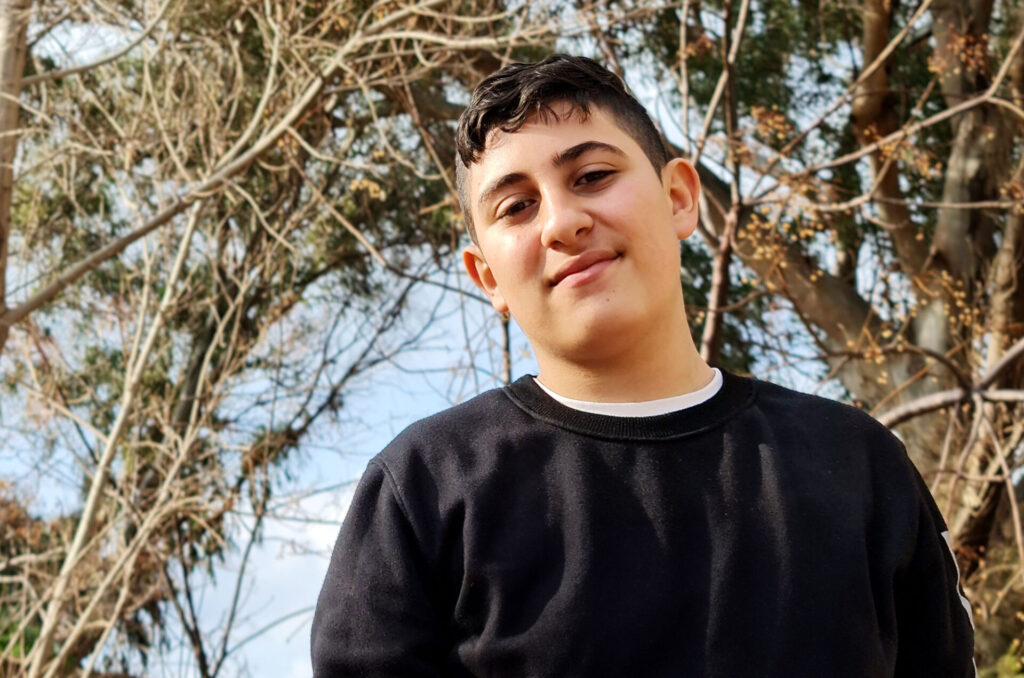Feb, 2016
Education is a major priority for Syrian refugees in Lebanon, especially for those in their teens. Most had to drop out of school after fleeing their war-torn homeland to shelter in Lebanon.
Syrian refugees have trouble accessing formal education in Lebanon because of differing curricula and language of instruction.
Anera’s non-formal refugee education program has made it possible for Syrian teens to learn and improve their English, Arabic, math and life skills. Teachers recruited for the program are getting 40 hours of special training, thanks to Anera’s partnership with the British Council. The training focuses on English teaching skills, particularly because English is one of the main languages in the Lebanese curriculum.
Learning Techniques for Syrian Refugees Dealing with Trauma


Hamda Adul Wahad, is learning new teaching techniques in training she attends in the Bekaa Valley city of Zahle. The Lebanese social worker is with Najad Now, Anera’s partner in the Bekaa region. She is a full-time English teacher in a makeshift school for Syrian children. She says the training is expanding her skills and experience.
“Today we learned new teaching methods dealing with three types of learning: visual, audio and kinesthetic. They all help us deliver an effective message to our students.” Hamda also says the training is really important because knowing English does not necessarily mean you can teach it – a common misconception.
Bekaa’s population has increased by 175% since 2011 with an influx of more than 370,000 Syrian refugees.
“We face so many challenges every day because our students suffer from war traumas, hyperactivity and behavioral problems, so having a professional trainer from the British Council helps us better face these challenges,” Hamda explains. “We learn how to keep the lessons interesting, interactive and relevant. And we can integrate drawing and other activities that can focus and calm the students.“
Anera has partnered with British Council English teaching expert Julia Nasrallah to expand the teacher training program to the Bekaa Valley in order to build capacity of the teachers there. Education and other resources in Bekaa, a poor area compared to other parts of Lebanon, are severely strained by the arrival of thousands of Syrian refugees. The United Nations has registered more than 370,000 Syrian refugees in the Bekaa Valley, nearly doubling its pre-2011 population.


